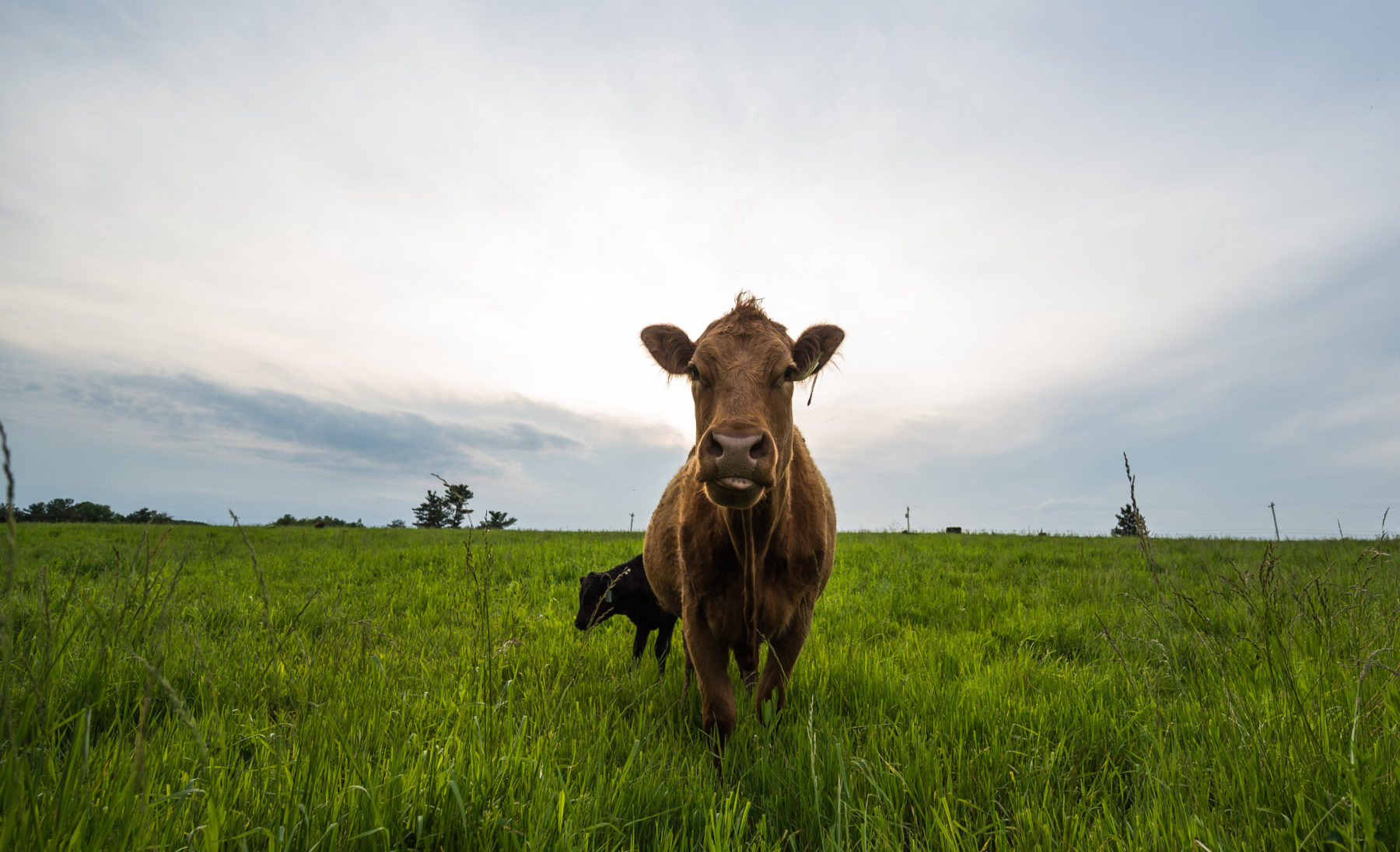ASTANA – Kazakhstan’s Meat Processing and Service company, Agro Silk Way, and Agro Product Astana signed three contracts worth $75 million for meat export and the supply of live cattle to China at a meeting between Kazakh Agriculture Minister Aidarbek Saparov and the management of Chinese companies CITIC Construction and Beijing Capital Agro on July 17.

Photo credit: beefboard.org
According to the ministry’s press service, the Chinese government lifted restrictions on the export of meat products from southeastern Kazakhstan in February, allowing the resumption of high-quality food product exports. The first batch of beef was exported to China in June.
Chinese companies expressed their interest in long-term cooperation with Kazakhstan for purchasing beef and live cattle. Beijing Capital Agro plans to invest over $600 million in Kazakhstan’s beef cattle industry by 2030. The project will involve creating feedlots and partnering with more than 600 farms and existing feedlots, expected to generate over 3,500 jobs.
China is one of Kazakhstan’s top three agricultural trading partners. In 2023, agricultural trade between the two countries reached $1.3 billion, a 67% increase from 2022. The volume of agricultural exports to China doubled to $1 billion.
“The main volume of exports to China falls on grains, oilseeds, and various oils, but we see great potential for increasing export volumes through livestock products,” Saparov said.
This year, on President Kassym-Jomart Tokayev’s instruction, work has been intensified to diversify crop areas, with the area under fodder crops increasing by 314,000 hectares. This development supports all types of livestock farming, including poultry, dairy, and beef cattle breeding.
During Chinese President Xi Jinping’s state visit to Kazakhstan, a protocol was signed to harmonize veterinary requirements for cattle exports. Work is underway to expand the range of exported products, with ten additional types of agricultural products at the development stage.
Saparov emphasized Kazakhstan’s readiness for cooperation and implementation of joint investment projects in agriculture, noting the positive experience in this direction.
“There are enterprises for processing oilseeds, producing milk powder, and plans to build factories for deep processing of wheat and corn, as well as a livestock complex and other joint projects,” he noted.
